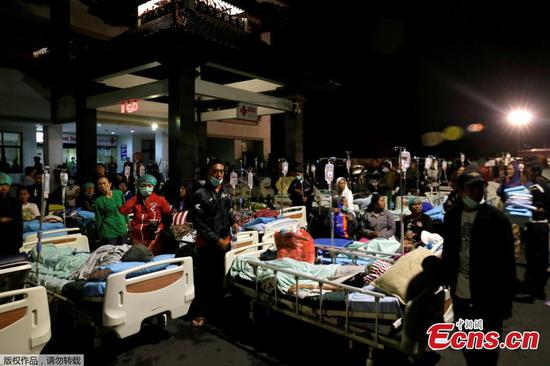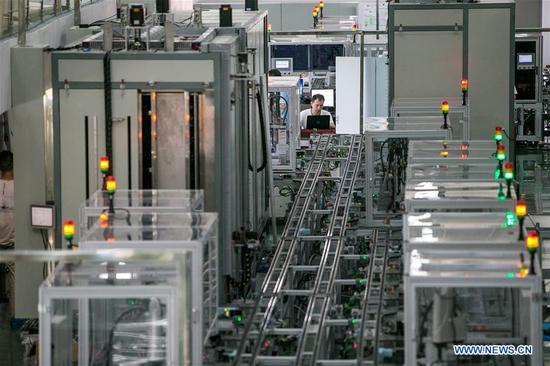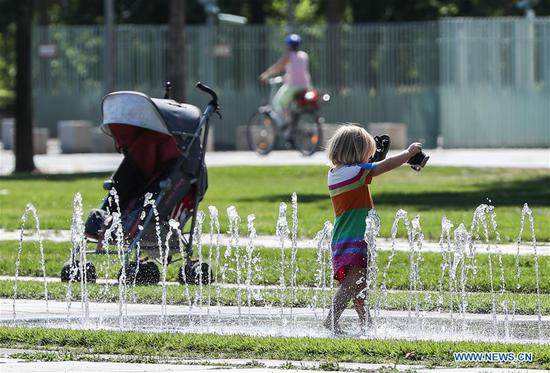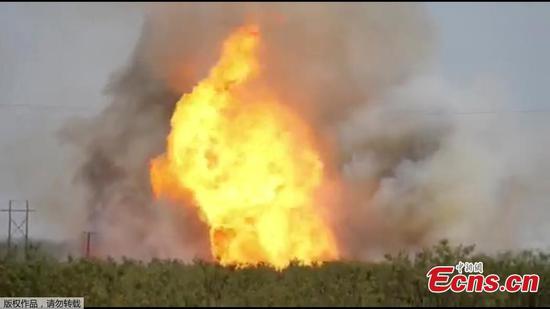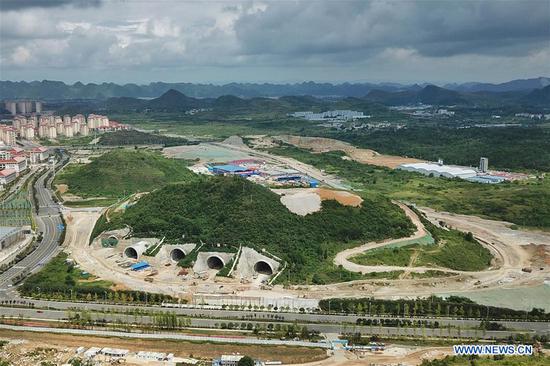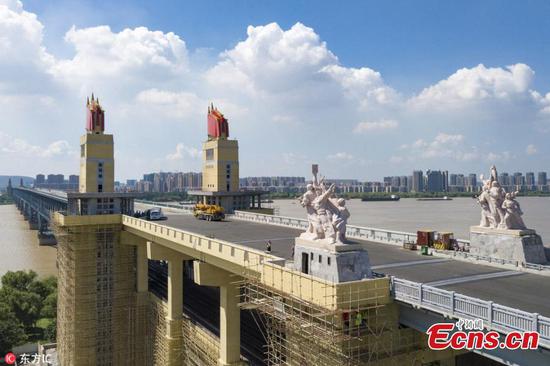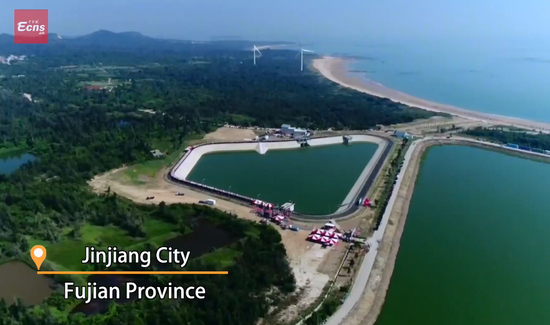More government spending to eliminate poverty, fight pollution
China's fiscal policy could be more proactive in supporting investments in the second half this year, said analysts, as the economy looks to strike a balance between growth and stability.
Finance Minister Liu Kun wrote in a recent article in Qiushi Journal, the flagship publication of the Central Committee of the Communist Party of China, that there were several key tasks needed to implement a proactive fiscal policy.
Liu pledged to continuously boost special fiscal spending initiatives earmarked for antipoverty projects, but didn't disclose specific amounts. The government has spent around $16 billion on the drive so far this year.
China is aiming to eliminate severe poverty by 2020. There are still around 30 million people nationwide living in poverty, mainly concentrated in remote villages. This represents a daunting challenge for authorities.
The government will also inject more funds into antipollution efforts, one of the three key "battles" that are deemed important for the leadership in the next two years, according to the minister.
This year, the central government budgeted 40.5 billion yuan ($5.9 billion) of special funds to combat air, water and soil pollution, up by 19 percent from a year earlier, according to the ministry.
In addition to these key investment targets, many economists agree that infrastructure construction could be a major factor supporting economic stability beginning in the third quarter, although some previous cases showed policy based on debt expansion could be a major cause of financial instability.
But whether and how fiscal policy can be more proactive in the second half is mainly determined by how many resources the government can deploy, particularly in the short term.
"Under expectations of continued modest export momentum, the potentially diminished efficacy of monetary policy (due to capital constraints) and the current tightening of financial regulations, we believe a supportive fiscal policy is required to maintain growth stability, particularly in the absence of a significant retreat in financial regulations," said Li Zhennan, an economist with Goldman Sachs (Asia).
Li also said market watchers should bear in mind "the current aim of avoiding significant stimulus measures".
Even though fiscal policy is expected to be more proactive, it is not easy to achieve, especially when the government has pledged to crack down on debt, and aims to minimize potential financial risk, analysts said.
The finance minister also highlighted in his article the efforts to tighten risk management over local government debt, and ongoing measures to firmly crack down on illegal fundraising.
"We should definitely not allow new investment projects to raise capital through implicit local government debt," especially in terms of illegal public-private-partnership financing, government investment funds and government purchase of services," he said.
As on-budget fiscal spending is constrained by the fiscal deficit-to-GDP ratio, which was set at 2.6 percent this year, the off-budget fiscal financing measures could play a more significant role, said experts.
It will include accelerating local government special bond issuances to fulfill the annual quota of 1.35 trillion yuan.
Meanwhile, local government financing vehicles via bonds may recover in the near term, as a recent State Council meeting mentioned guaranteeing "reasonable financing demands" of these vehicles, analysts expected.
The government's total fiscal revenue recorded a growth of 10.6 percent in the first half this year, compared with 9.8 percent in the same period of 2017.
Fiscal spending, however, increased by 7.8 percent year-on-year from January to June, much lower than 15.8 percent in the first half of last year, according to the finance ministry.
"It means there is still plenty of room to increase fiscal spending or to be more proactive in the second half," said Wang Jian, an analyst with Shenwan Hongyuan Securities.






















